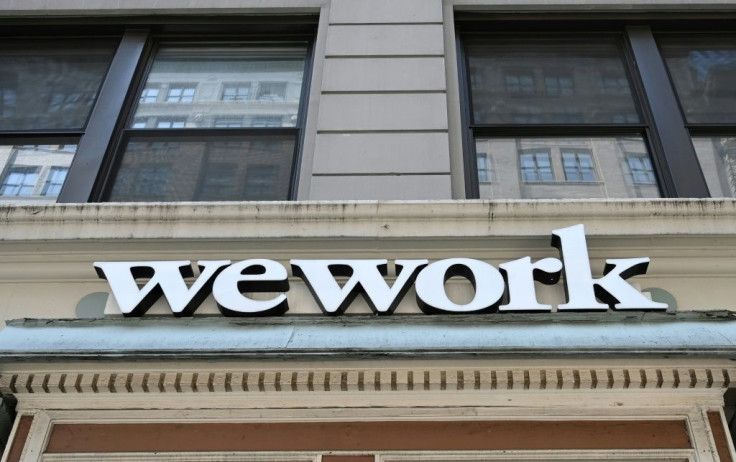WeWork Files For Bankruptcy With Almost $19 Billion In Debt

WeWork, the company that introduced the concept of coworking spaces, filed for bankruptcy protection, promising a full restructuring of its business.
In the filing with a federal court in New Jersey, the company said it has assets of $15.1 billion and total debt of $18.7 billion. It also said it reached an agreement with holders of 92% of its security notes for the restructuring.
WeWork plans to "rationalize its commercial office lease portfolio while focusing on business continuity and delivering best-in-class services to its members, as global operations are expected to continue as usual," the company said in a statement Monday.
WeWork says on its website that it has 560 locations in 37 countries. The company asked the court to be allowed to reject leases in some locations.
The bankruptcy protection only applies to locations in the U.S. and Canada. The company said units in other countries are not part of the process.
"Now is the time for us to pull the future forward by aggressively addressing our legacy leases and dramatically improving our balance sheet," Chief Executive Officer David Tolley said in a statement Monday. "We defined a new category of working, and these steps will enable us to remain the global leader in flexible work."
Softbank investment
WeWork was founded in 2010 by Adam Neumann and Miguel McKelvey. The idea was to lease office space, create an appealing design and open the areas for the use of individuals and companies at a fee.
Japanese conglomerate Softbank invested more than $10 billion in the company. In January 2019, WeWork was valued at $47 billion.
The attempt to go public through an IPO in August 2019 failed as investors were concerned about losses and governance. Neumann resigned from the CEO post in the same year. He said that WeWork's bankruptcy filing is disappointing.
"It has been challenging for me to watch from the sidelines since 2019 as WeWork has failed to take advantage of a product that is more relevant today than ever before," Neumann said in a statement Monday. "I believe that, with the right strategy and team, a reorganization will enable WeWork to emerge successfully."
© Copyright IBTimes 2024. All rights reserved.






















